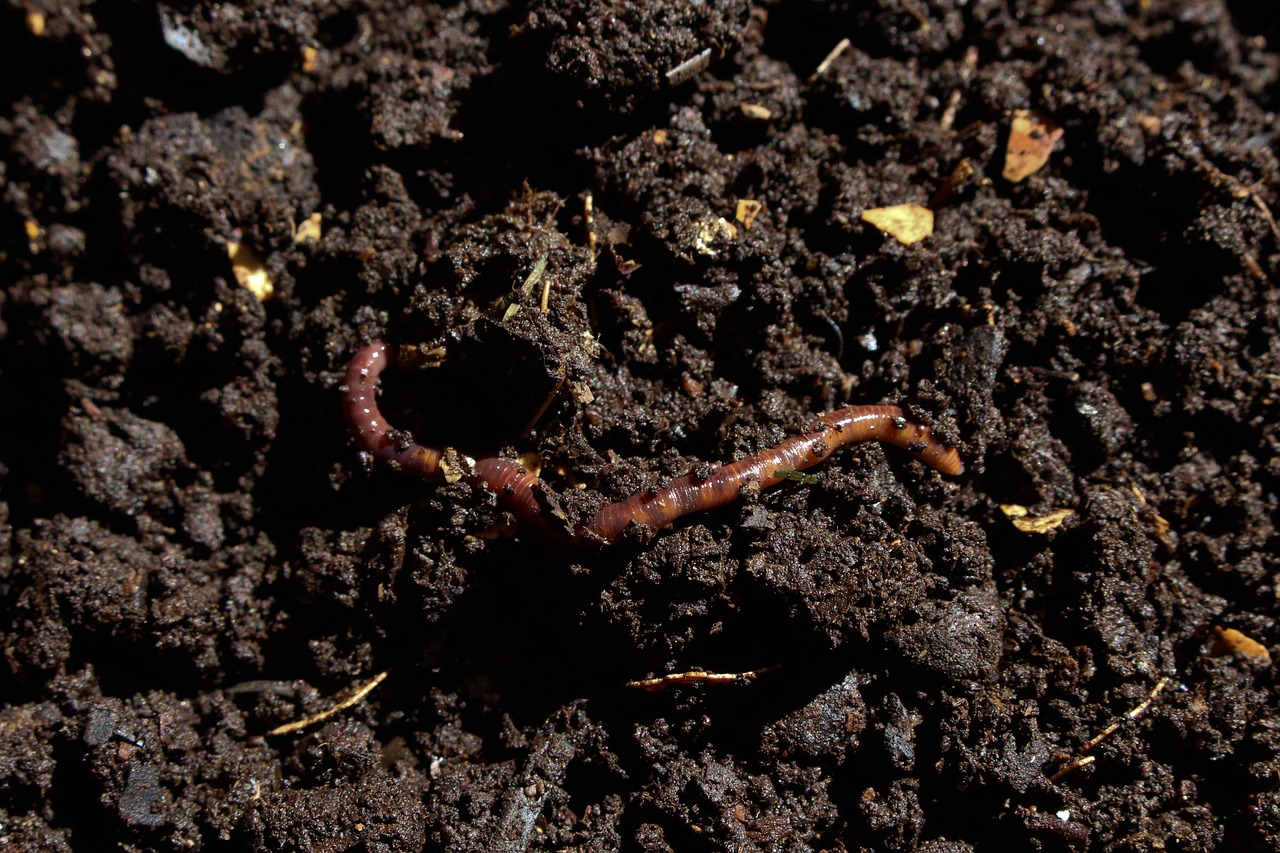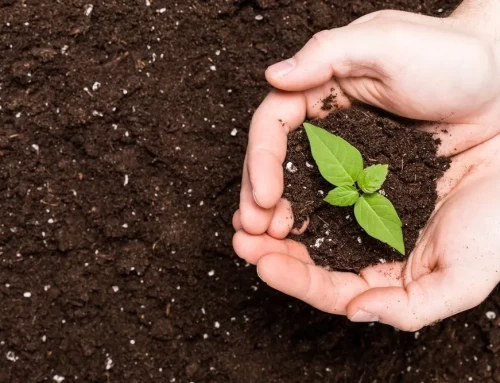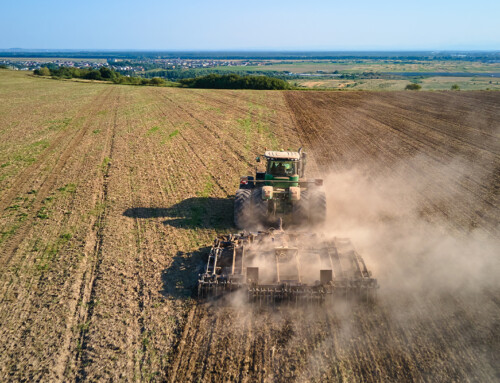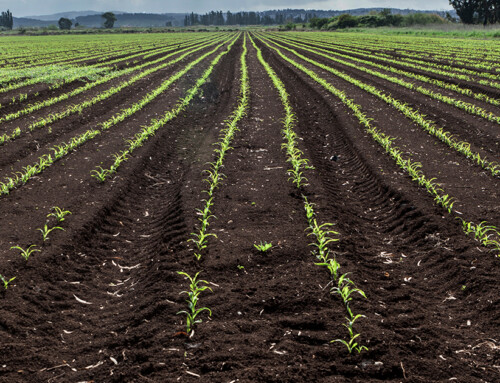Soil is more than just dirt beneath our feet—it’s a living, dynamic system that supports everything we grow. But decades of over-farming, erosion, and chemical use have degraded many soils, leaving them compacted, dry, and nutrient-poor. The solution? Composting—a time-tested, eco-friendly practice that is rapidly transforming how farmers, landscapers, and turf professionals approach soil management.
Incorporating compost into your soil strategy isn’t just about waste reduction. It’s about unlocking the potential of the soil to sustain healthier plants, use water more efficiently, and remain fertile for years to come.

Improving Soil Structure for Stronger Roots
One of the most immediate benefits of compost is its ability to improve soil structure. Whether your soil is sandy and loose or heavy and clay-based, compost introduces stable organic matter that creates better pore spaces. This enhanced structure allows roots to grow deeper and access nutrients more efficiently. Compost also helps bind soil particles into aggregates, which increases resistance to erosion while promoting air circulation—a key factor in root and microbial health.
Enhancing Water Retention and Drought Resilience
Healthy soil retains moisture like a sponge. Compost increases a soil’s water-holding capacity, reducing runoff and the need for frequent irrigation. This is especially crucial in areas experiencing drought or seasonal dry spells. With better moisture retention, plants suffer less stress, and you save both time and resources on watering. In turf and landscape management, this translates to greener, more resilient grass with less maintenance.
Boosting Long-Term Fertility Naturally
Unlike synthetic fertilizers, compost offers a slow and steady release of nutrients. As the compost continues to break down in the soil, it feeds plants organically while supporting a diverse population of beneficial microbes. These microbes are essential for unlocking nutrients already present in the soil, improving plant uptake, and building long-term fertility. Compost also delivers a balanced carbon-to-nitrogen ratio that supports soil health without burning roots or leaching harmful chemicals into the environment.
A Sustainable Practice with Immediate Payoff
Incorporating compost into your soil isn’t just good for plants—it’s good for the planet. Composting diverts organic waste from landfills and returns valuable nutrients to the earth, reducing greenhouse gas emissions and supporting circular, regenerative practices. For growers, turf managers, and landscapers alike, composting is a cost-effective way to enhance performance and sustainability. When managed and tested properly—as with Veransa Prime compost—you can count on reliable results and soil that performs season after season.
Make Compost Part of Your Soil Management Strategy
Whether you’re rebuilding a struggling field or maintaining a thriving landscape, compost is the key to revolutionizing your soil management practices. Its impact on structure, moisture, and fertility is measurable—and its benefits grow stronger with each application.
Discover sustainable solutions for soil health at www.veransa.com.



